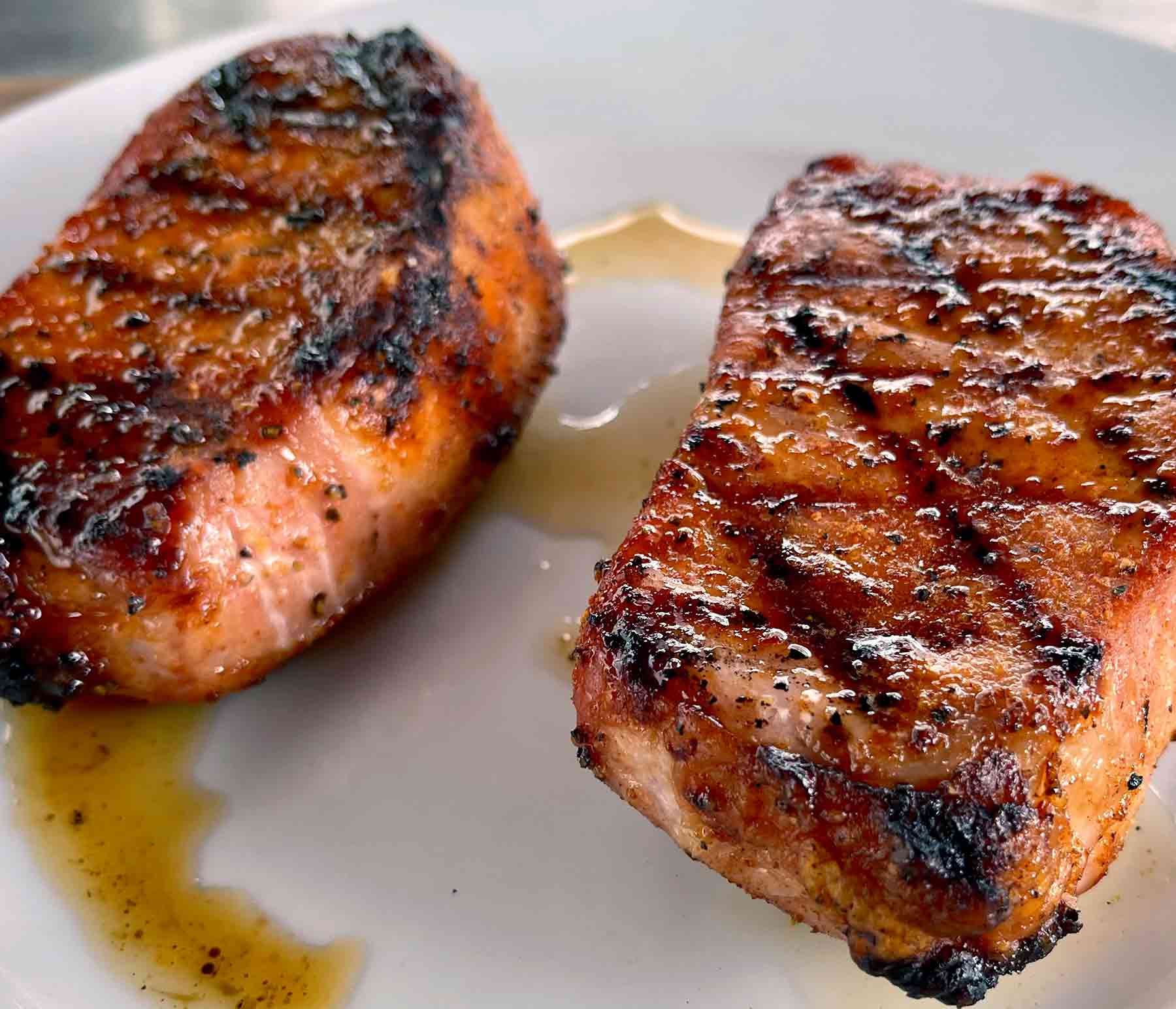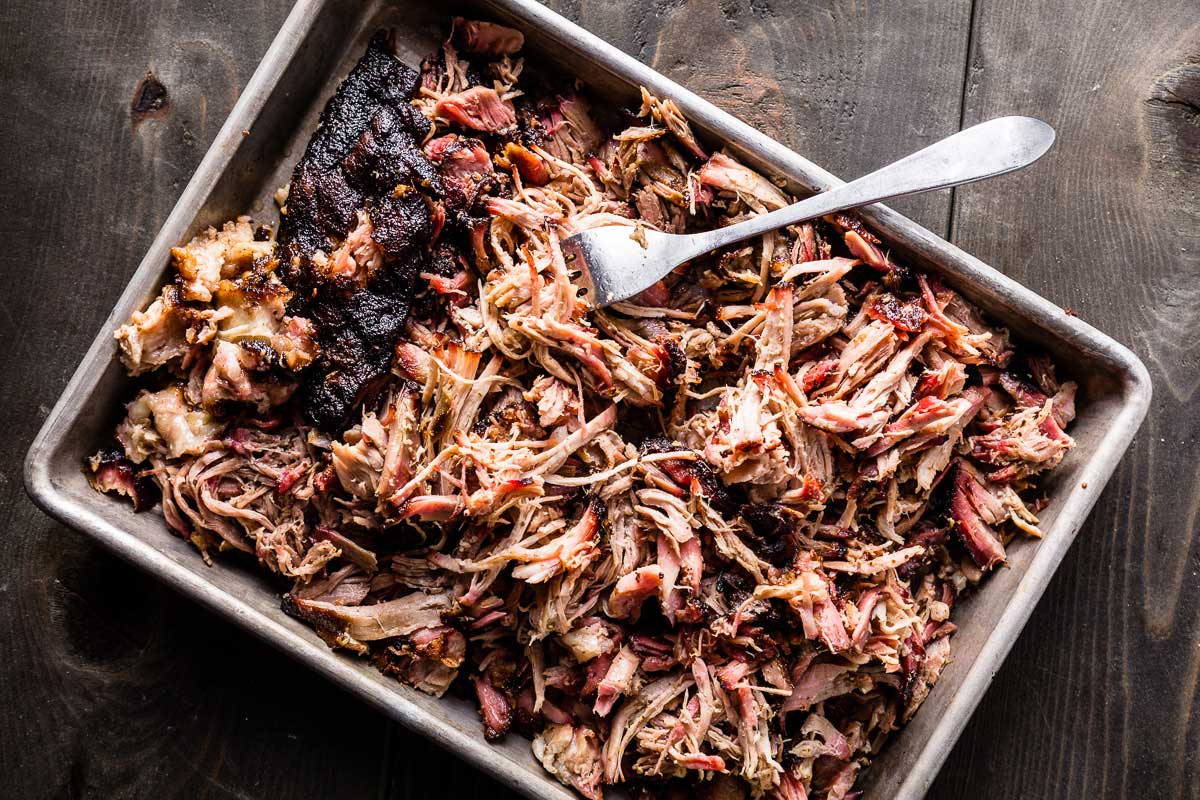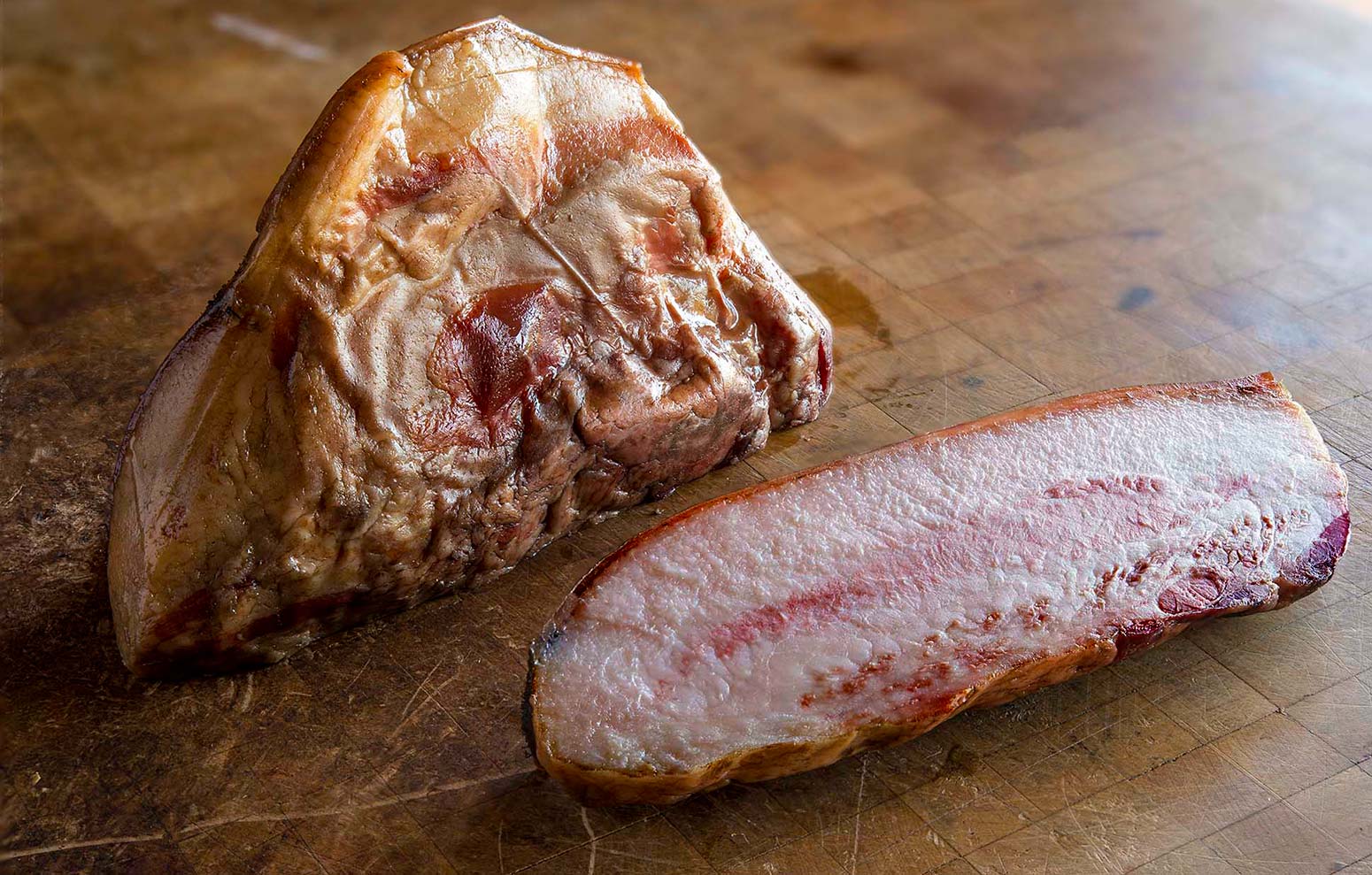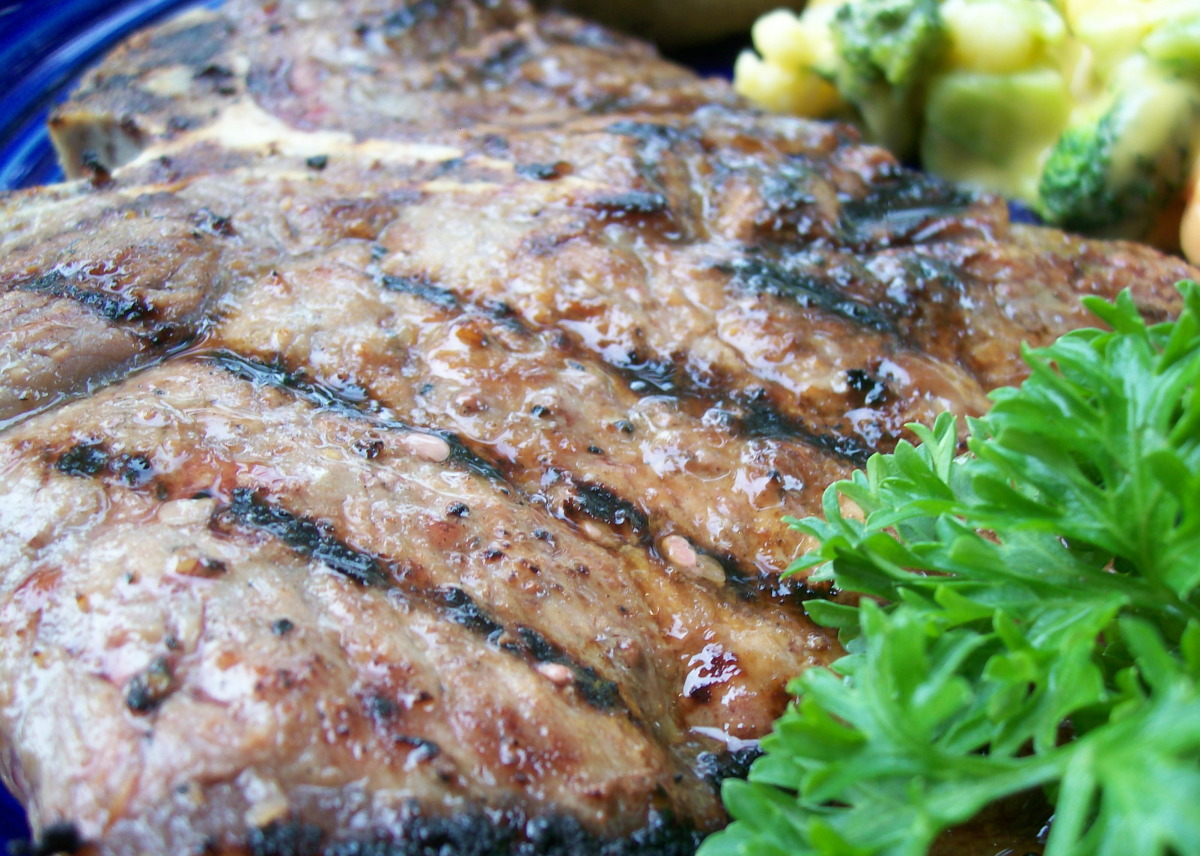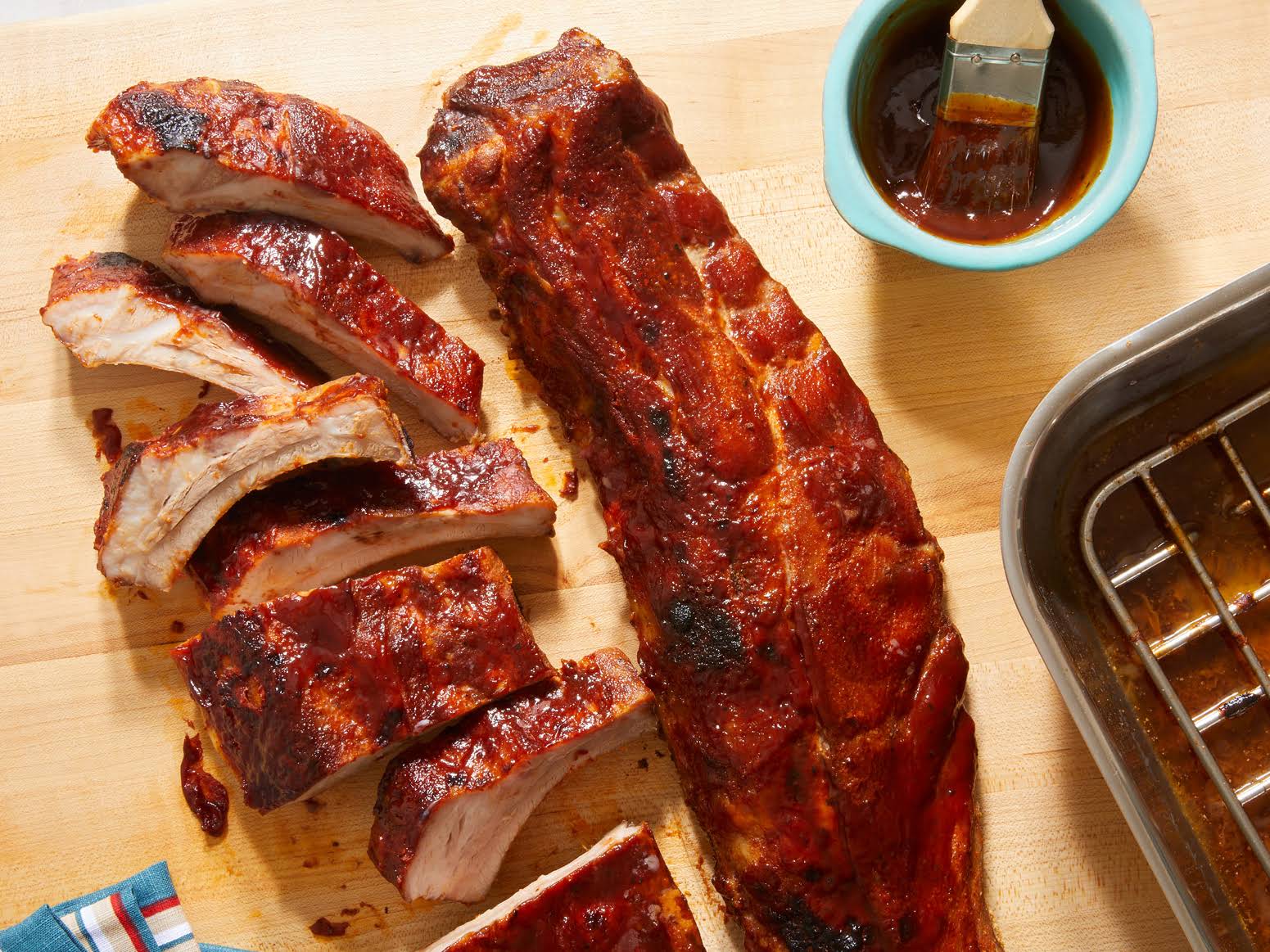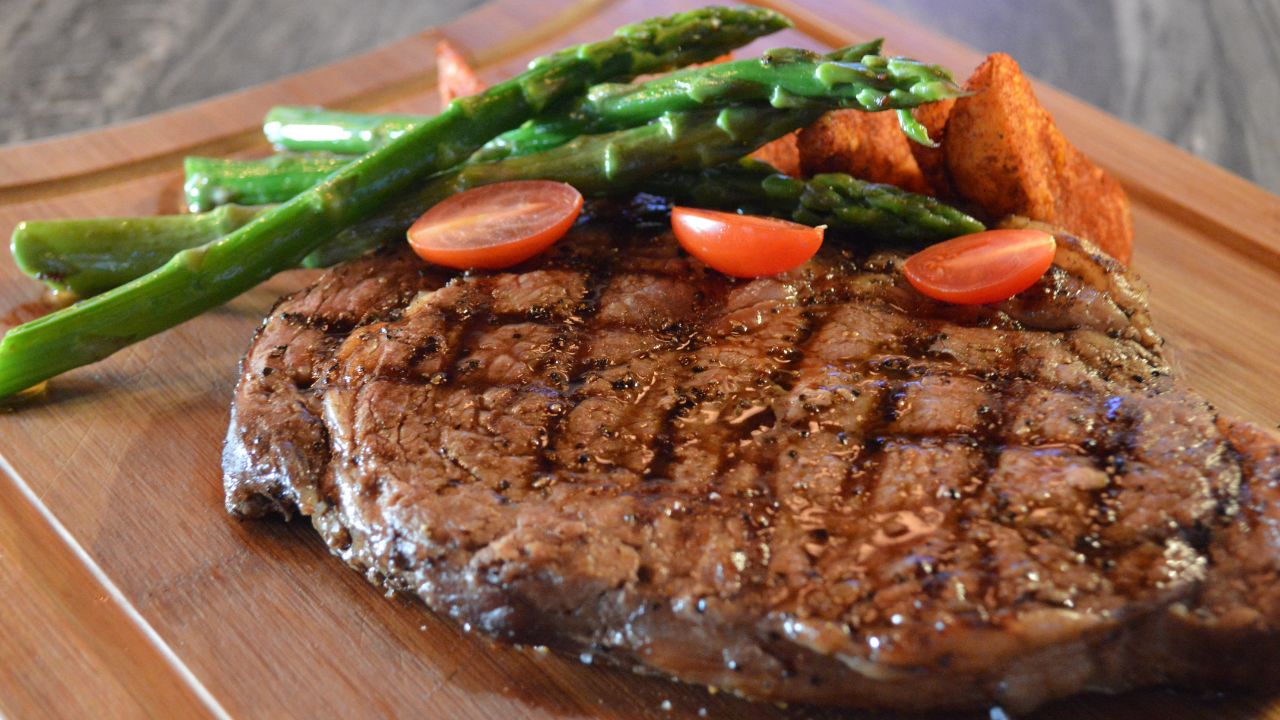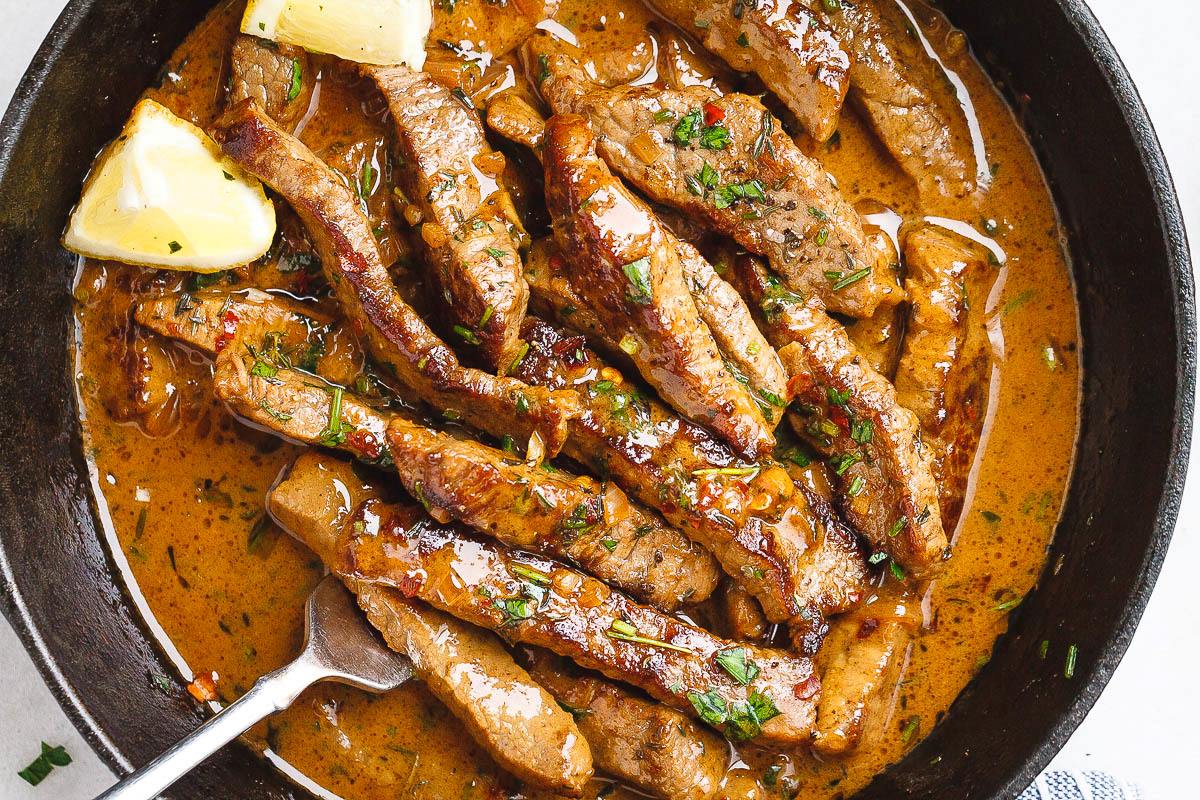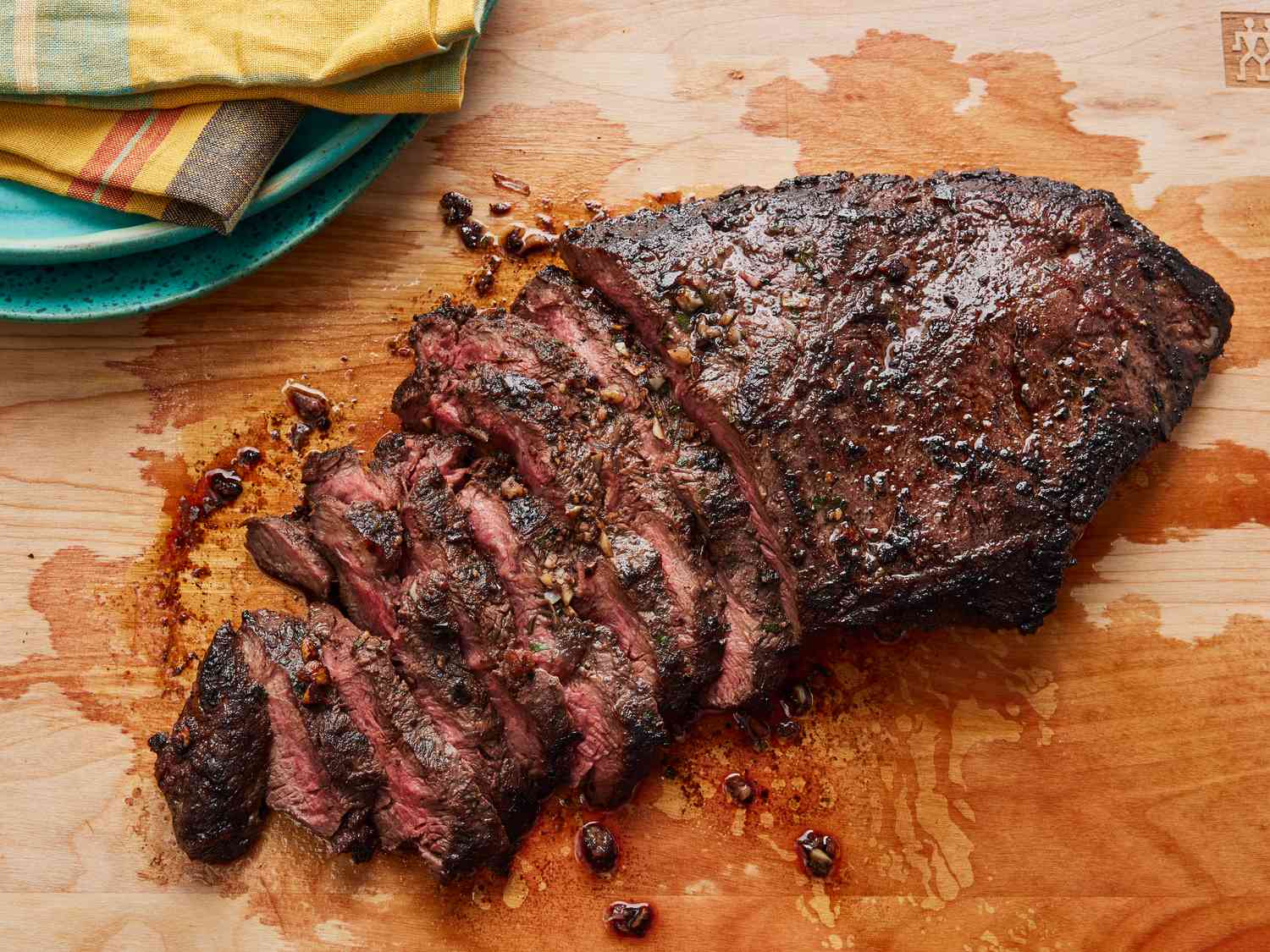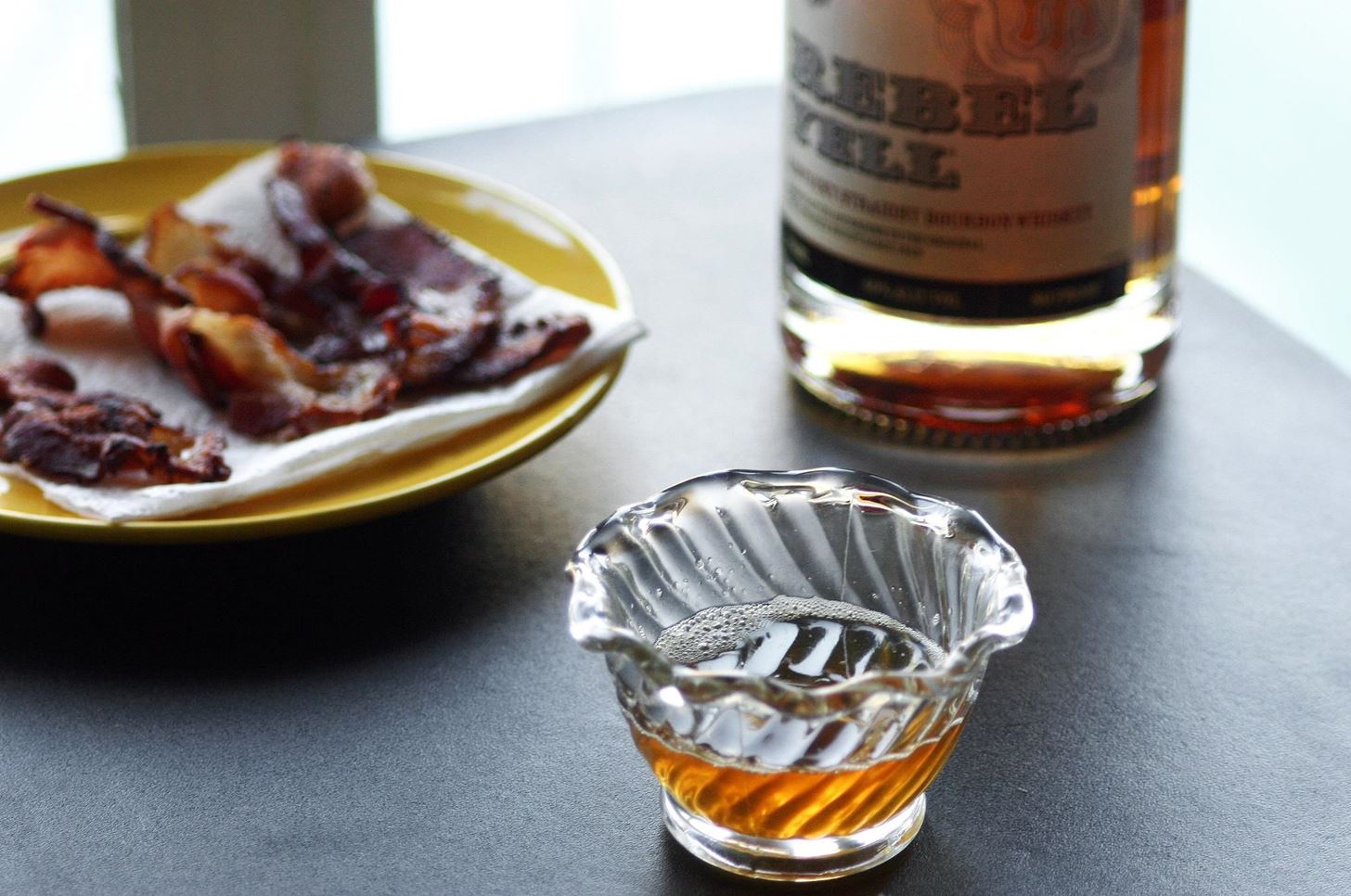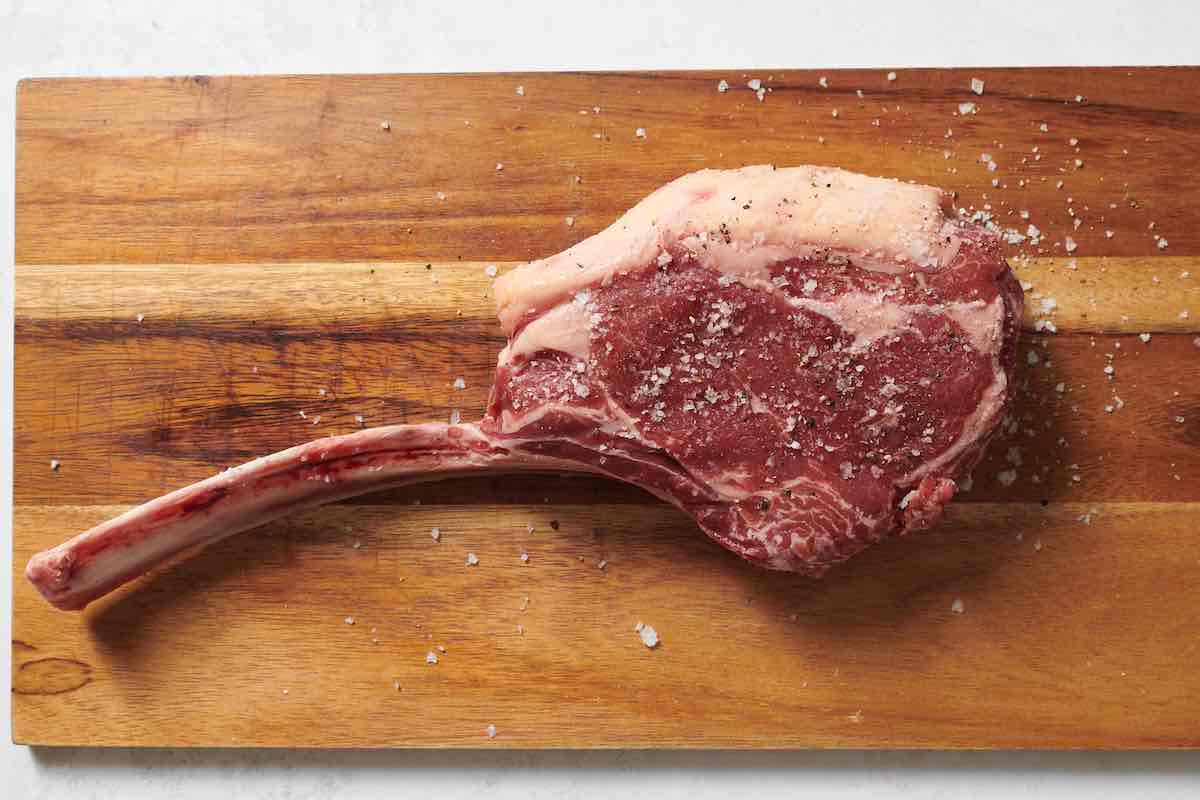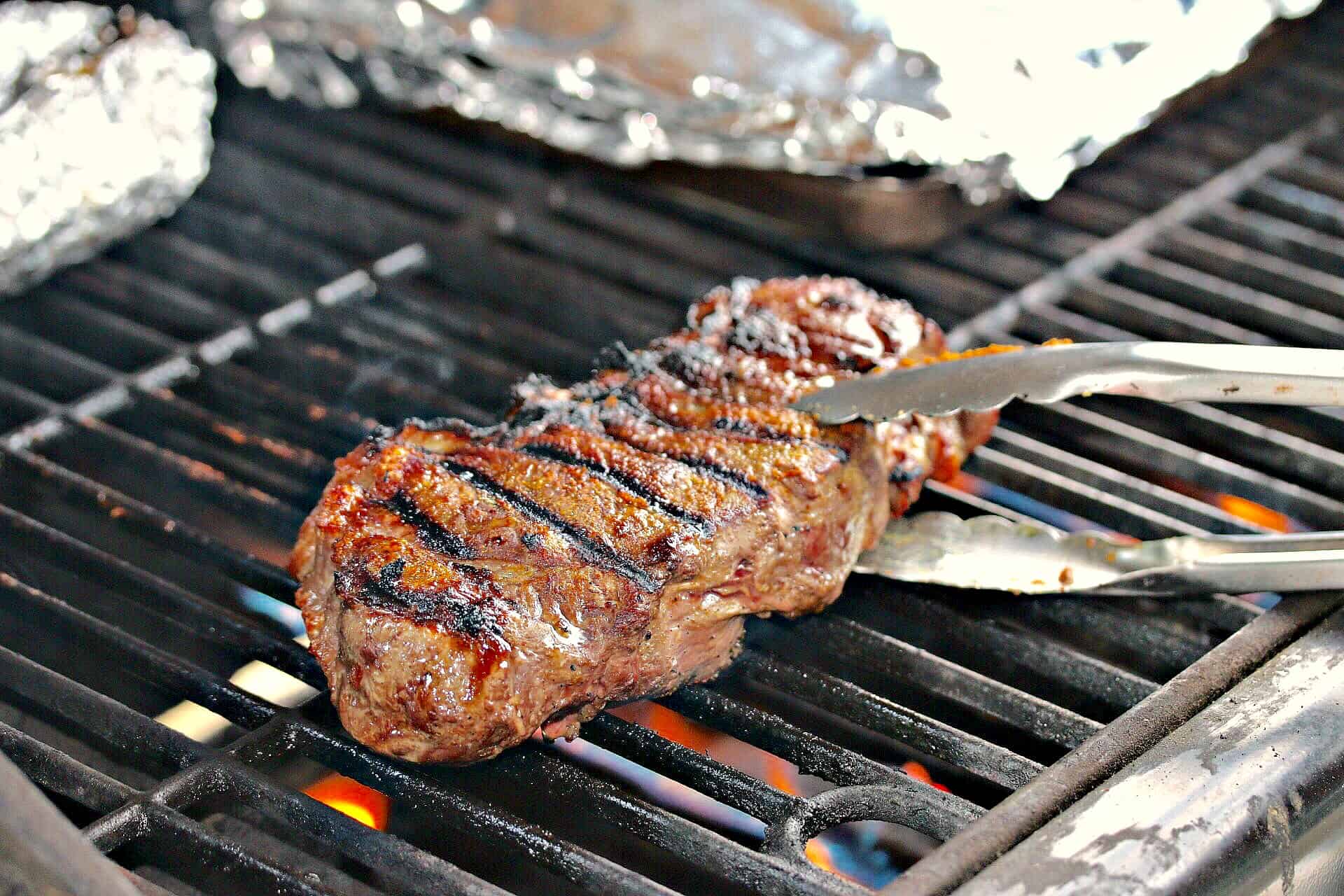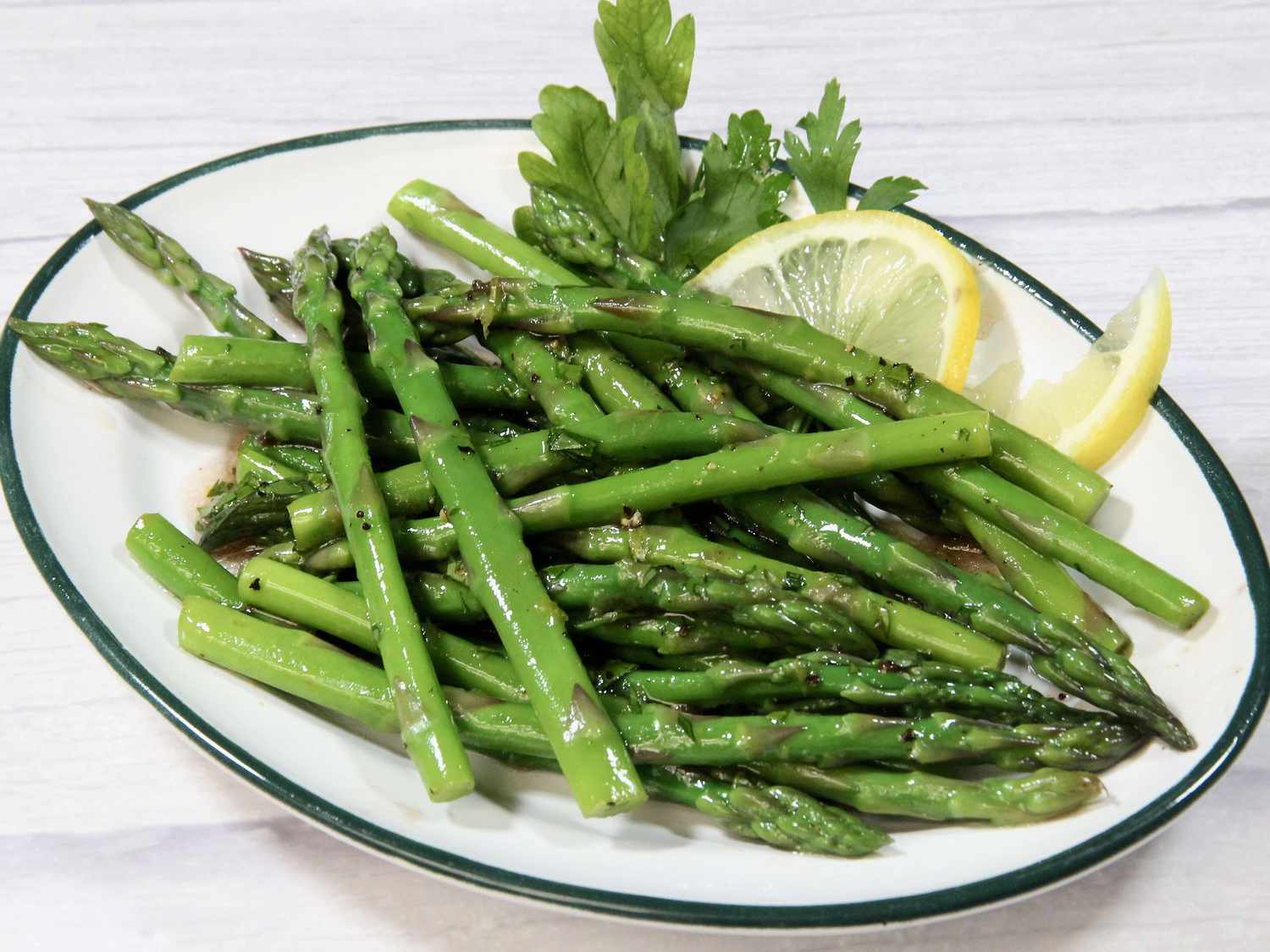Get Ready to Smoke Some Delicious Pork
Are you ready to take your pork to the next level? Smoking pork is a delicious way to infuse it with rich, smoky flavor, and marinating it beforehand can take the taste to a whole new level. Here’s how to marinate pork before smoking to achieve mouthwatering results.
Choose the Right Cut
When it comes to smoking pork, the cut of meat you choose can make a big difference. Pork shoulder or pork butt are popular choices for smoking due to their higher fat content, which helps keep the meat moist and flavorful during the long cooking process. These cuts are also known for their rich, succulent flavor, making them ideal for smoking.
Prepare the Marinade
Creating a delicious marinade is the key to infusing your pork with flavor. A basic marinade typically includes a combination of acid, oil, salt, and flavorful seasonings. You can customize your marinade to suit your taste preferences, but a classic marinade might include ingredients such as:
- Fresh herbs like rosemary, thyme, or oregano
- Garlic and onion for depth of flavor
- Acidic elements like citrus juice or vinegar
- Oil to help distribute the flavors and keep the meat moist
- Salt and pepper to enhance the overall taste
Marinate the Pork
Once you’ve prepared your marinade, it’s time to coat your pork in the flavorful mixture. Place the pork in a large resealable plastic bag or a shallow dish, and pour the marinade over it, ensuring that the meat is well coated. Seal the bag or cover the dish with plastic wrap, and then refrigerate the pork for at least a few hours, or ideally overnight. This allows the flavors to penetrate the meat and infuse it with deliciousness.
Enhance Flavor with Dry Rub
In addition to marinating the pork, you can further enhance its flavor by applying a dry rub before smoking. A dry rub is a mixture of spices and herbs that is rubbed onto the surface of the meat before cooking. This adds an extra layer of flavor and forms a delicious crust on the outside of the pork. Common ingredients in a pork dry rub include paprika, brown sugar, garlic powder, onion powder, cayenne pepper, and black pepper. Feel free to experiment with different combinations to find the perfect flavor profile for your pork.
Time to Smoke
After marinating and applying the dry rub, it’s time to fire up your smoker and get cooking. Smoking pork is a slow and steady process that requires low heat and plenty of time. The exact cooking time will depend on the size and thickness of the pork, but a general rule of thumb is to cook it at around 225-250°F until it reaches an internal temperature of 195-205°F. This low and slow method allows the pork to become tender and infused with smoky flavor.
Rest and Enjoy
Once your pork is done smoking, it’s important to let it rest for a bit before slicing and serving. This allows the juices to redistribute throughout the meat, ensuring that each bite is juicy and flavorful. After resting, slice or shred the pork as desired and serve it up with your favorite sides and sauces.
By following these steps to marinate pork before smoking, you can elevate the flavor of your pork to new heights. Whether you’re smoking a pork shoulder for pulled pork sandwiches or a pork butt for a barbecue feast, the right marinade can make all the difference in creating a mouthwatering meal.
Explore Delicious Recipes and More Ways to Use This Guide
Now that you've mastered the art of marinating pork for smoking, it's time to put your skills to the test with a variety of recipes that showcase your newfound expertise. From the robust flavors of classic smoked pulled pork sandwich to the zesty and refreshing taste of citrus marinated smoked pork tacos, there's a dish to suit every palate. We particularly recommend trying the honey garlic smoked pork shoulder for a sweet and savory twist, or the spicy chipotle smoked pork butt if you're in the mood for something with a little extra kick. Each recipe offers a unique way to savor the delicious complexity that smoking can bring to pork, ensuring you enjoy every bite of your culinary creations.
